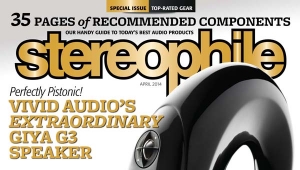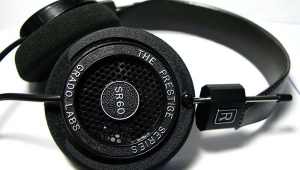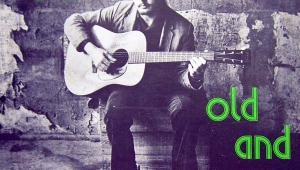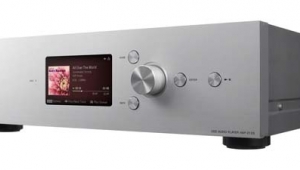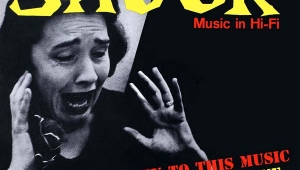| Columns Retired Columns & Blogs |
Holt seems to be singularly focused on classical music and is quite resentful of the younger generarion not carrying the torch and appreciating classical music enough to keep the genre alive. Corey Greenburg once mentioned to Holt that the electric guitar was just as worthy of accurate reproduction as unamplified instruments and that its sound was just as individual as the various types of violins. Holt seemed suprised by Corey pointing out that the sound of an electric guitar was captured with a microphone just as other instruments and not simply plugged into a mixing board. Anyway, I'm not sure Holt appreciates accurate reproduction of sound as much as he appreciates accurate reproduction of the sounds he prefers...classical music. But mostly, I think he's just pissed at what passes for music these days and the fact that people are not only not demanding better, but when better is readily available (classical music) they aren't even interested.

